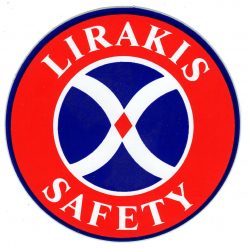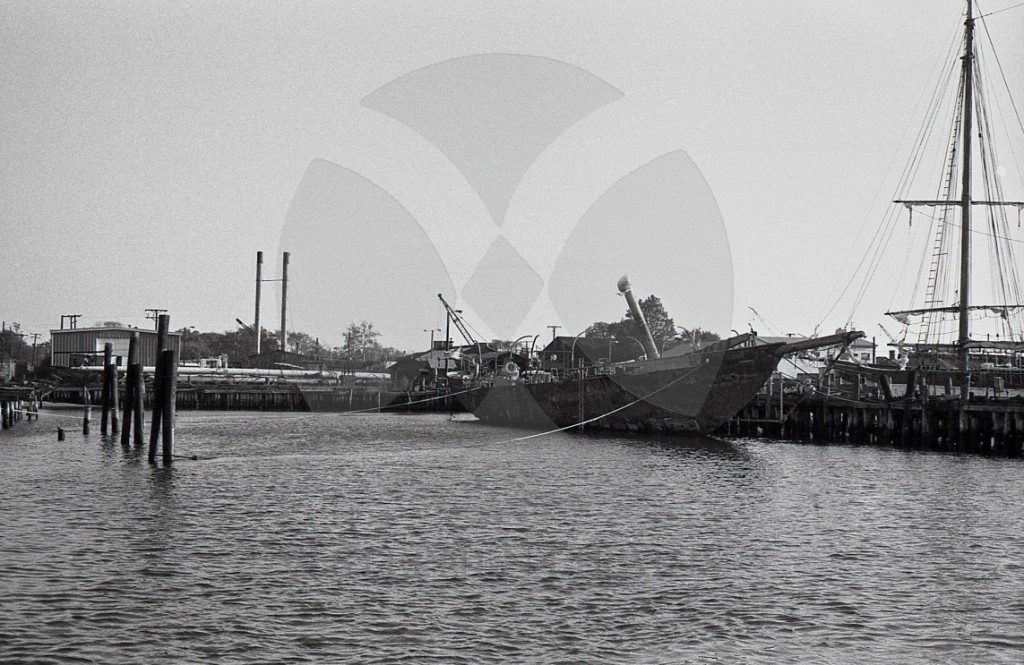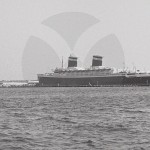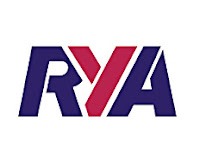The Rhode Island Marine Trades Association will present its first Anchor Award to Rhode Island sailing brothers Ken and Brad Read Saturday at the association’s Industry Partnership Breakfast & Member Meeting.
The meeting will be from 8 to 9:30 a.m. at the Newport Yacht Club before the start that day of the Newport International Boat Show.
The Read brothers grew up sailing on Rhode Island waters and turned their passion for boating into careers in the world of competitive sailing. Through their activities, Ken and Brad Read draw worldwide attention to their home state as a sailing destination and a capital of the global marine industry.
Sen. Sheldon Whitehouse, D-R.I., will join business and community leaders to honor the Reads and talk about the importance of the marine industry to the state’s economy. The Ocean State’s 400 miles of coastline and its deep maritime heritage have helped build an industry that accounts for $1.6 billion in sales and $260 million in income to Rhode Island workers.
“I’m honored to help present this award to Ken and Brad for their outstanding contributions to the marine trades industry, which supports so many people and businesses in Rhode Island,” Whitehouse said in a statement. “Our oceans and coasts are central to our economy and our culture, and I will continue working in the Senate to protect these resources and support this industry.”
Ken Read recently returned home to Rhode Island after racing around the world as skipper of Puma Ocean Racing in the Volvo Ocean Race. His team’s boat, Mar Mostro, was built in Rhode Island; its performance around the globe drew worldwide attention to the boat’s technology and build, as well as to the home-grown talents in the crew. Read was also Puma skipper in the 2008-09 Volvo Ocean Race, a former America’s Cup helmsman, two-time Rolex Yachtsman of the Year and the winner of 46 world, North American and national sailing championships.
Brad Read is executive director of Sail Newport, one of the country’s top public-access sailing centers. It creates affordable sailing opportunities for children and adults and draws world-class regattas to Newport. Under his leadership, Sail Newport has grown exponentially and has tripled the size of its fleet, creating more opportunity for all those who want to get out on the water. As chairman of the America’s Cup World Series Host Committee, he was a central player in drawing this summer’s America’s Cup event back to Rhode Island waters.
This is the first time Rhode Island Marine Trades Association is presenting its Anchor Award, which recognizes people who make a significant contribution to Rhode Island and its marine trades.
“We can think of no better recipients for this first-time award than Brad and Ken Read,” trade association president Wendy Mackie said in a statement. “They were once two young boys sailing in their home waters, and they have used their passion for sailing and their star power to draw more sailors and more attention back home to Rhode Island shores.”






